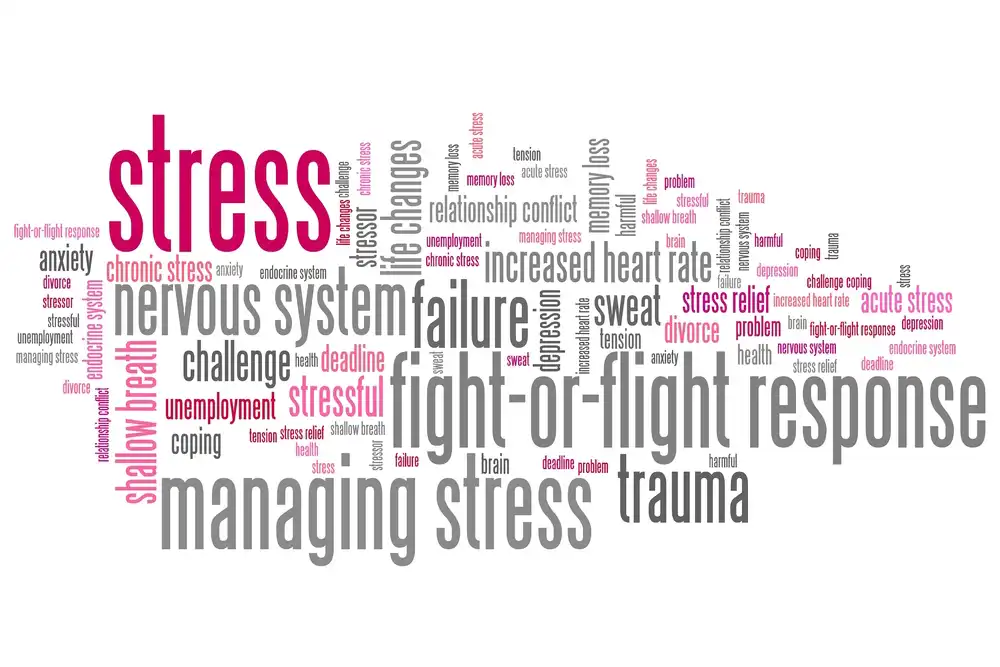Trauma Informed Positive Approaches to Behaviours of Concern
Moving organisations away from reactive cultures of care towards proactive cultures of care
Behaviour Support UK provide training and consultancy services to organisations supporting vulnerable children and adults who may at times display behaviours of concern. We work with health, social care, and education services.
Our courses are based on the values, theories and practices associated with Positive Behaviour Support and Trauma Informed Approaches. Organisations we work with can be confident that their staff are utilising an explicit evidence-based framework to support and guide practice, one which research indicates will be successful in delivering positive outcomes for both vulnerable children and adults.
Proactive preventative and proactive developmental strategies are centre stage in our approach as these are known to promote and maintain quality of life and wellbeing gains. We also provide training in reactive strategies including de-escalation modules. Additionally, where a proven need is demonstrated, physical restraint and breakaway strategies can be taught.
Out training is designed to equip staff with the skills and knowledge to enable them to nurture therapeutic relationships, reduce restrictive practices and improve immediate and long-term wellbeing and quality of life outcomes. The natural corollary to this approach is reductions in behaviours of concern. There are multiple benefits to staff and carers too, including reduced stress, improved job satisfaction, improved staff retention and more stable, happier placements.
Sectors
What is PBS?
The evidence from the research is clear: behaviours of concern and implementing restrictive practices can typically be reduced with positive behaviour support (PBS) strategies!

Person-centred
Ensuring the person is always at the centre

Partnership
Working closely with the person and their supporters to shape the process

Planned
Creating a clear and positive Behaviour Support Plan (BSP) to ensure shared understandings and accountability

Positive
Focusing on being preventative, not just reactive

Purposeful
Using a Functional Assessment to know the reason for the behaviour

Process-driven
Following a process of identifying, assessing, planning, implementing, monitoring and evaluating data
What are trauma informed approaches ?
The Literature identifies five consistent principles which underpin trauma informed approaches.

1.Recognise and respond to trauma
Staff understand the prevalence and impact of trauma.

2. Provide safe environments
Staff to put relationships, collaboration, choice, and empowerment for people to the fore.

3. Take a strengths-based view
Building on what people are capable of doing to create positive possibilities.

4.Collaboration - Building empowering relationships
Power-based relationships can trigger distressed responses. Involving people in decisions, building empathetic, trusting relationships minimises this risk.

5. Promote equality of access
Everyone deserves equal access to good quality treatment which takes account of the unique context of their life
Infield & Boswell, NPC, 2020
